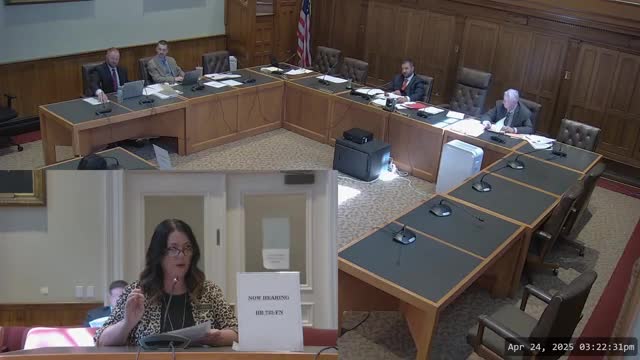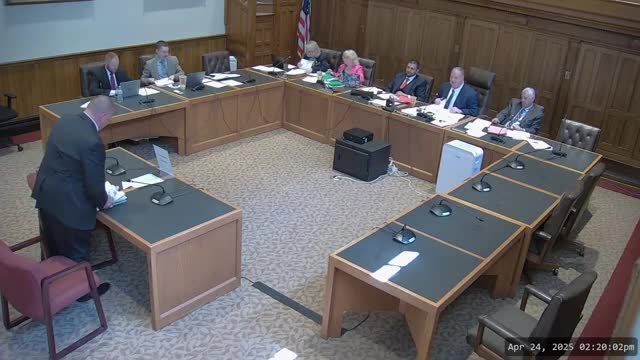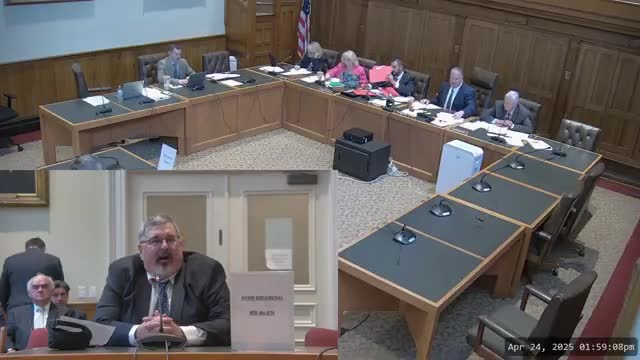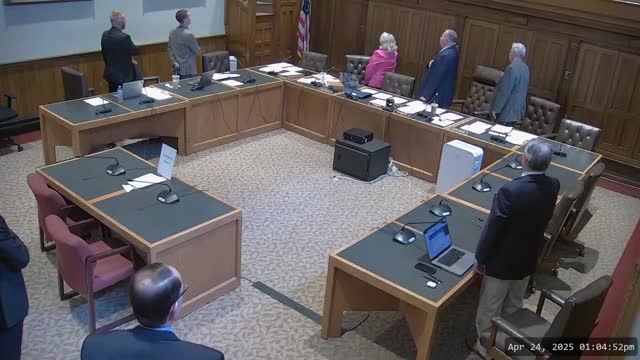Article not found
This article is no longer available. But don't worry—we've gathered other articles that discuss the same topic.

Bill to clarify library‑user privacy and impose penalty advances after Goffstown disclosure dispute

Debate over third‑party litigation finance bill centers on transparency, access to justice and insurer concerns

Bill on class-action leftover funds raises questions about redirecting unidentified settlement money to state

